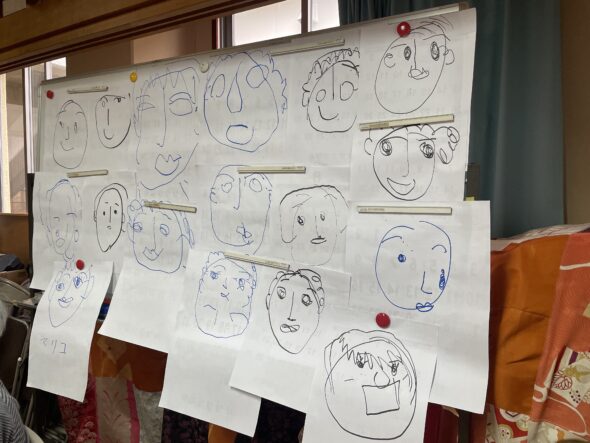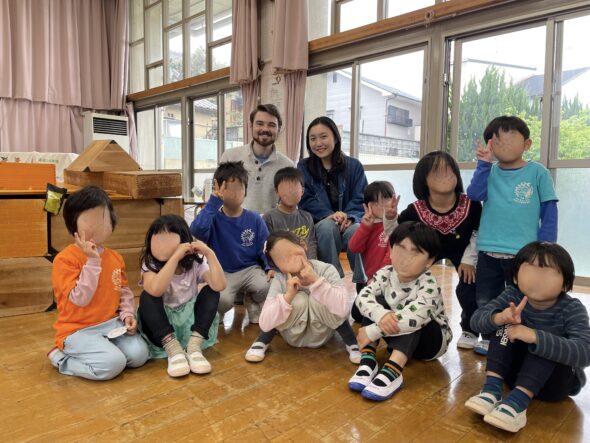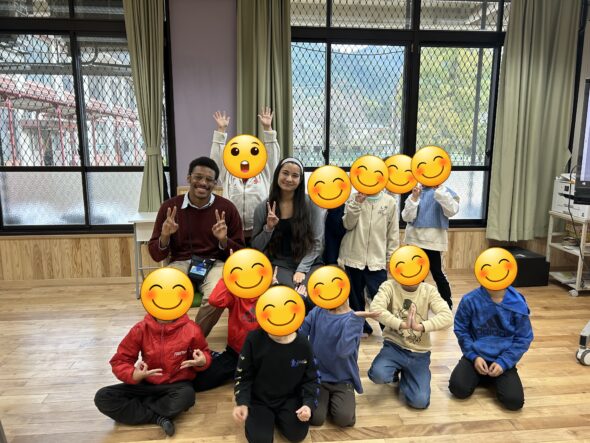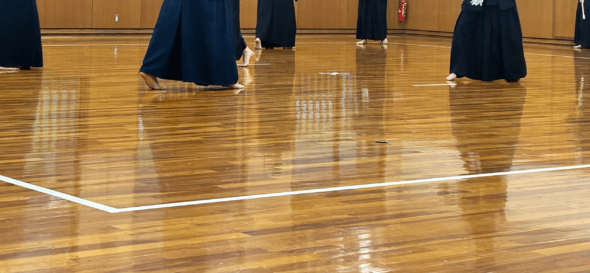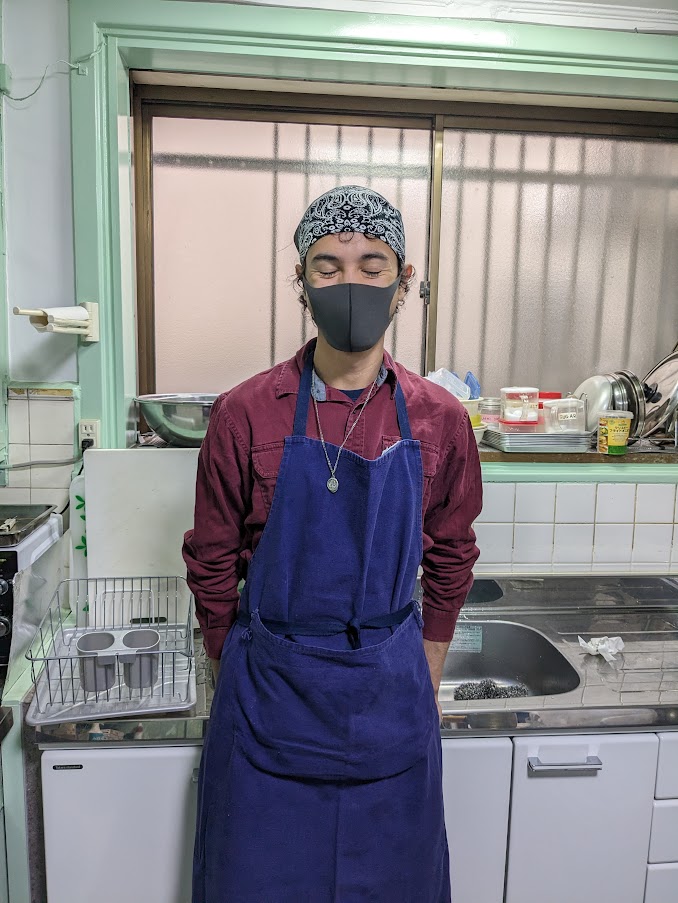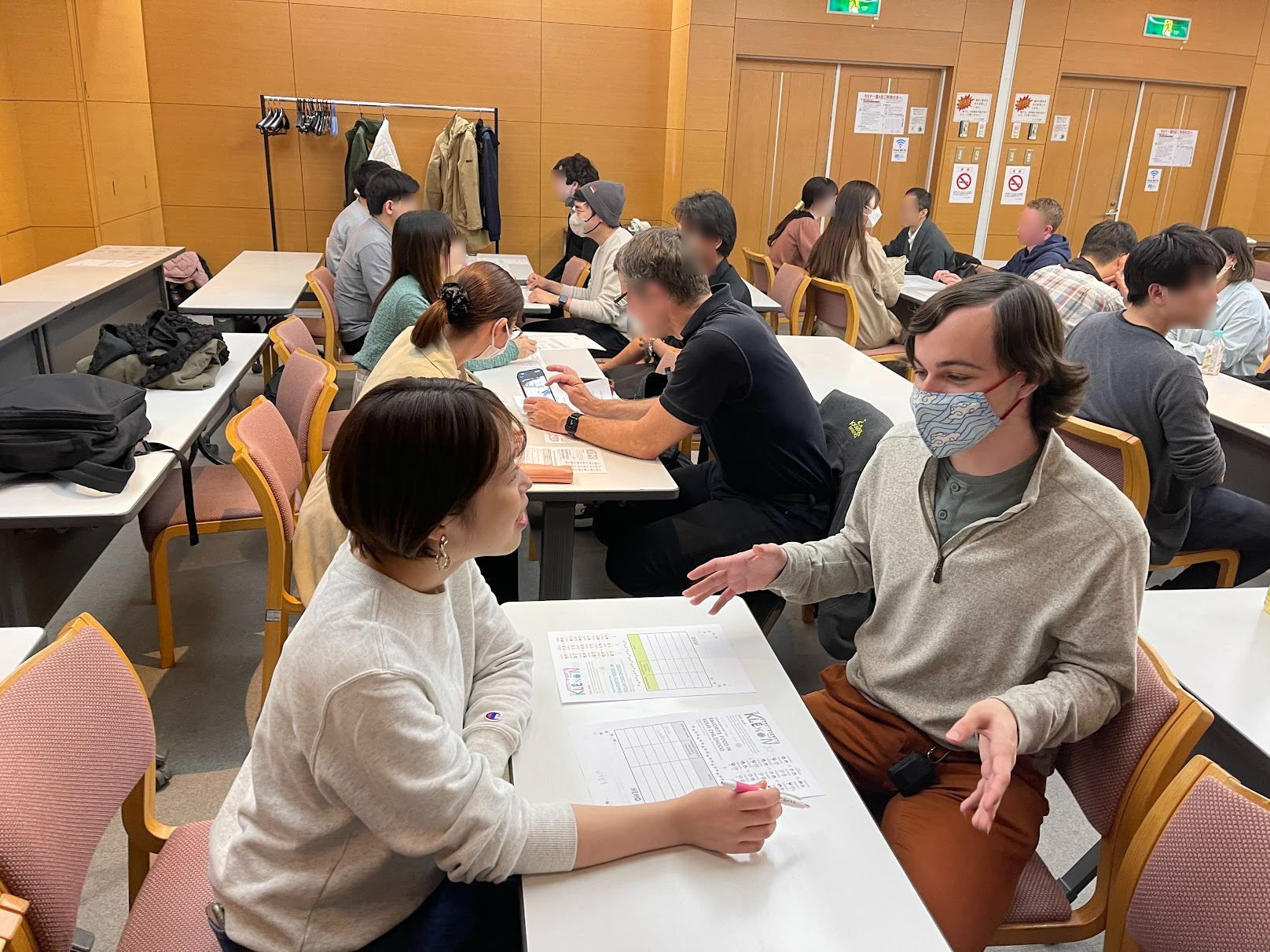This semester I was able to join the Shisekidoukoukai, a circle at Doshisha University which typically met every week on Saturday to visit a historical site. Here’s a link to their webpage, https://www.d-live.info/club/sports/index.php?c=club_view&pk=1364458262, though note that you will need to message them on Twitter or Instagram to join (I had to create a Twitter account just for this). In my case, all of the meetings that I attended were at various temples throughout Kyoto (and one in nearby Shiga prefecture). Each week that there’s a meeting, a Line message goes out to the members of the circle (over 150) and those who wish to participate in the following Saturday’s event respond to the message. Usually around eight or ten people would actually end up showing up, though it varied. It was a lot less than I expected given the total number of members, and many of the same people would usually go every week, so I was able to talk with certain people several times. Generally you’re on your own for transport to the temple and just have to meet in front of it at a specified time (usually early afternoon); due to the location of the dorm I’m living in it often took upwards of 45 minutes to get to and from these places, which was a little frustrating at times. Though some people in the circle would come all the way from Osaka or Hyogo prefecture, so I can’t complain too much.
Once everyone who had said they would be coming had arrived at the meetup location (which sometimes took quite some time due to people missing buses or getting lost on the way there — Google Maps was my friend) we would proceed into the temple grounds and walk around. This could take two or even three hours to get through the whole area as we would look at everything, talk with the other members, check out the gift shop, and take pictures. However, because of the lengthy time commitment, some weekends I couldn’t make it, so be aware that the meetings are quite long. I think it would be quite awkward to try to leave in the middle, and we would formally end every meeting with a “解散,” so I wouldn’t plan to be able to only participate for part of the time. It wasn’t very formal at all and it was nice to be able to talk to other college students in Japanese in such a relaxed environment. Note that besides me, I only saw one other non-Japanese student (who was really really good at Japanese!) and everyone was speaking in Japanese the whole time, so if you’re not confident in your Japanese abilities be aware that it might be hard to communicate. Personally I was able to have good conversations with several people but my level is/was not at the point that I could completely understand the conversations of those around me enough to participate myself, though it was still good listening practice. If my level was not at the point where I could have a decent conversation in Japanese, I probably would not have enjoyed it as much.
One thing I noticed was that whenever I would meet someone for the first time they would always ask me what year in school I was. It was actually a bit interesting in my case because though I am a junior, due to the month I was born in, I would still be a second year student if I had gone through the Japanese system. Though second- and first-year students never referred to me as “senpai” though some people did use it for Japanese students above them. Another interesting thing was the use of Kansai-ben, in that some people seemed to use it all the time, and some didn’t despite being from the Kansai region. I suspect this might vary depending on the person and who they’re speaking to, since using a dialect other than Standard Japanese seems to be perceived as more informal. There were also a lot of members not originally from the area so that might make a difference too. Since I am planning to participate for the next semester as well I will keep an eye out for this as I find it interesting.
My goal for finding a CIP this semester was something in which I got opportunities to speak in Japanese with native speakers without a very structured environment or activity, and the Shisekidoukoukai exactly fits with that. Everyone in the club that I’ve met has been kind and I think it could be a good way to make friends. However, if you find temples boring, want to leave your Saturdays free, aren’t confident in your Japanese speaking ability, or want a more structured activity for your CIP, you may be better off looking elsewhere. But I certainly have enjoyed getting to see various historical temples and chatting with others in Japanese and so I plan to continue in the same circle for the spring semester.
